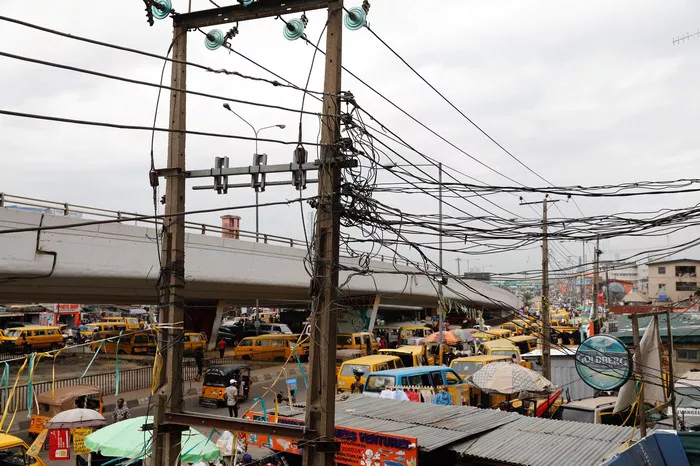Nigeria holds the grim distinction of having the largest population in the world without access to electricity, with more than 90 million citizens living in the dark. This crisis stems from decades of chronic underinvestment and systemic failures within the country’s power sector.
The national grid, long plagued by unreliability, is limited to a maximum output of just 6 gigawatts—far below the country’s energy demand. As a result, many households and businesses are forced to depend on expensive and environmentally damaging generators, which collectively supply more than double the power produced by the grid.
Efforts to reform the sector through privatisation have yielded disappointing results. Despite high expectations, initiatives like the Siemens-Nigeria partnership have stalled, hindered by bureaucratic and structural inefficiencies.
Off-grid solar solutions are beginning to gain traction, offering a glimmer of hope for rural and underserved communities. However, experts warn that the growing reliance on decentralized energy could further weaken the already fragile national grid, diverting investment and public confidence away from centralized infrastructure.
Without urgent and comprehensive structural reforms, Nigeria’s persistent electricity shortages will continue to hamper economic development and strain essential public services.
Related topics:

